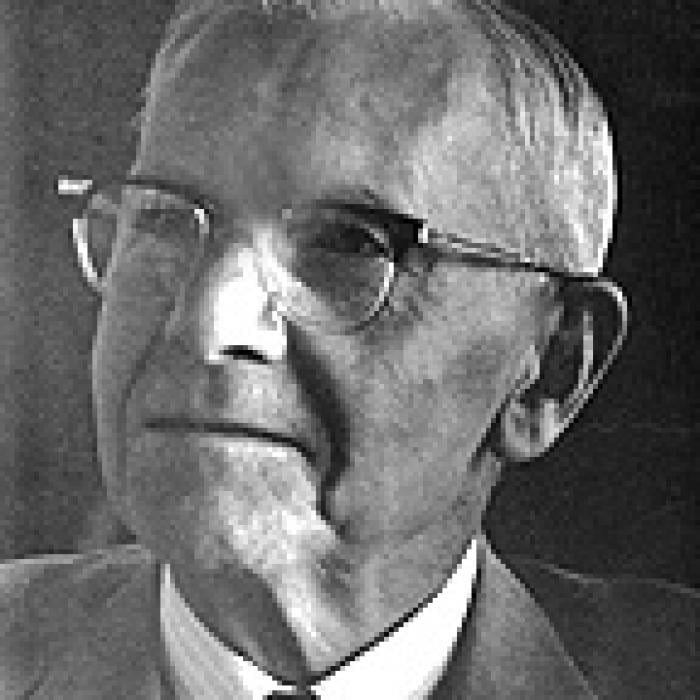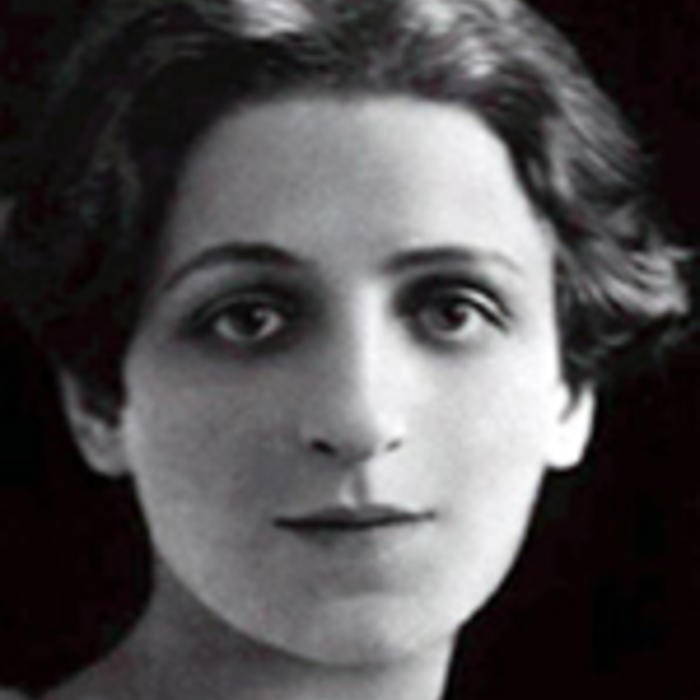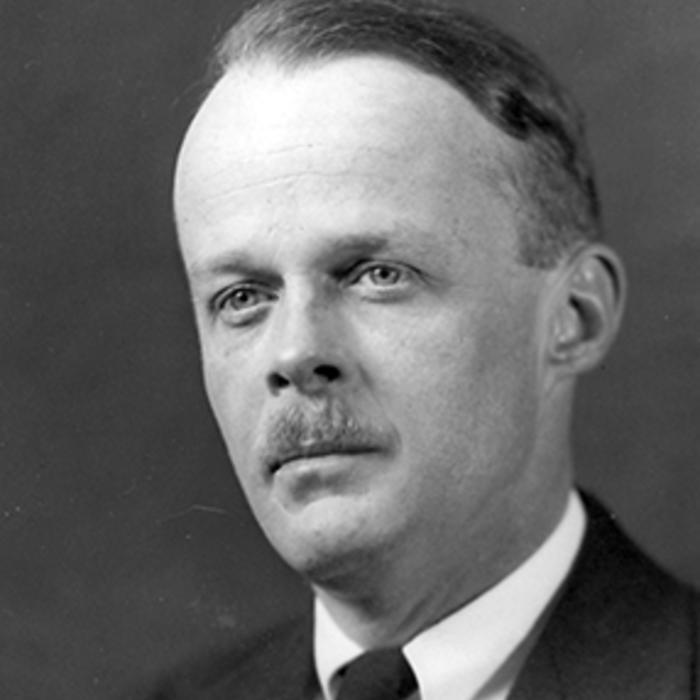Robert Penn Warren
Robert Penn Warren was born on April 24, 1905, in Guthrie, Todd County, Kentucky. He entered Vanderbilt University in 1921, where he became the youngest member of the group of Southern poets called the Fugitives, which included John Crowe Ransom, Allen Tate, Donald Davidson, and Merrill Moore. Warren’s first poems were published in The Fugitive, a magazine which the group published from 1922 to 1925. The Fugitives were advocates of the rural, Southern agrarian tradition and based their poetry and critical perspective on classical aesthetic ideals.
From 1925 to 1927, Warren was a teaching fellow at the University of California, where he earned a master’s degree. He then studied at New College, Oxford as a Rhodes Scholar and returned to the United States in 1930. He taught at Vanderbilt, Louisiana State, The University of Minnesota, and Yale University. With Cleanth Brooks, he wrote Understanding Poetry: An Anthology for College Students (Henry Holt & Co., 1938), a textbook which widely influenced New Criticism and the study of poetry at the college level in America.
Though regarded as one of the best poets of his generation, Warren was better known as a novelist and received tremendous recognition for All the King’s Men (Harcourt, Brace and Company, 1946), which won the Pulitzer Prize for Fiction in 1947.
In his later years, Warren’s poetry became less formal and more expansive, garnering even higher critical acclaim. His collection Promises: Poems, 1954–1956 (1957), published in London by Eyre & Spottiswoode, won the Sidney Hillman Award, the Edna St. Vincent Millay Memorial Award, the National Book Award, and the Pulitzer Prize. In 1979, he earned a third Pulitzer Prize, this time for Now and Then: Poems, 1976–1978 (Random House, 1978).
About Warren’s work, critic Harold Bloom has said,
At their strongest, Warren’s poems win their contest with the American Sublime and find a place with [Herman] Melville’s best poems, formidable exiles from our dominant, Emersonian tradition.
Warren received a fellowship from the National Endowment for the Arts in 1969. He served as a Chancellor of the Academy of American Poets from 1972 until 1988, and was selected as a MacArthur Fellow in 1981. On February 26, 1986, Warren was named the first U.S. poet laureate, or consultant in poetry.
Warren died in Stratton, Vermont on September 15, 1989.



